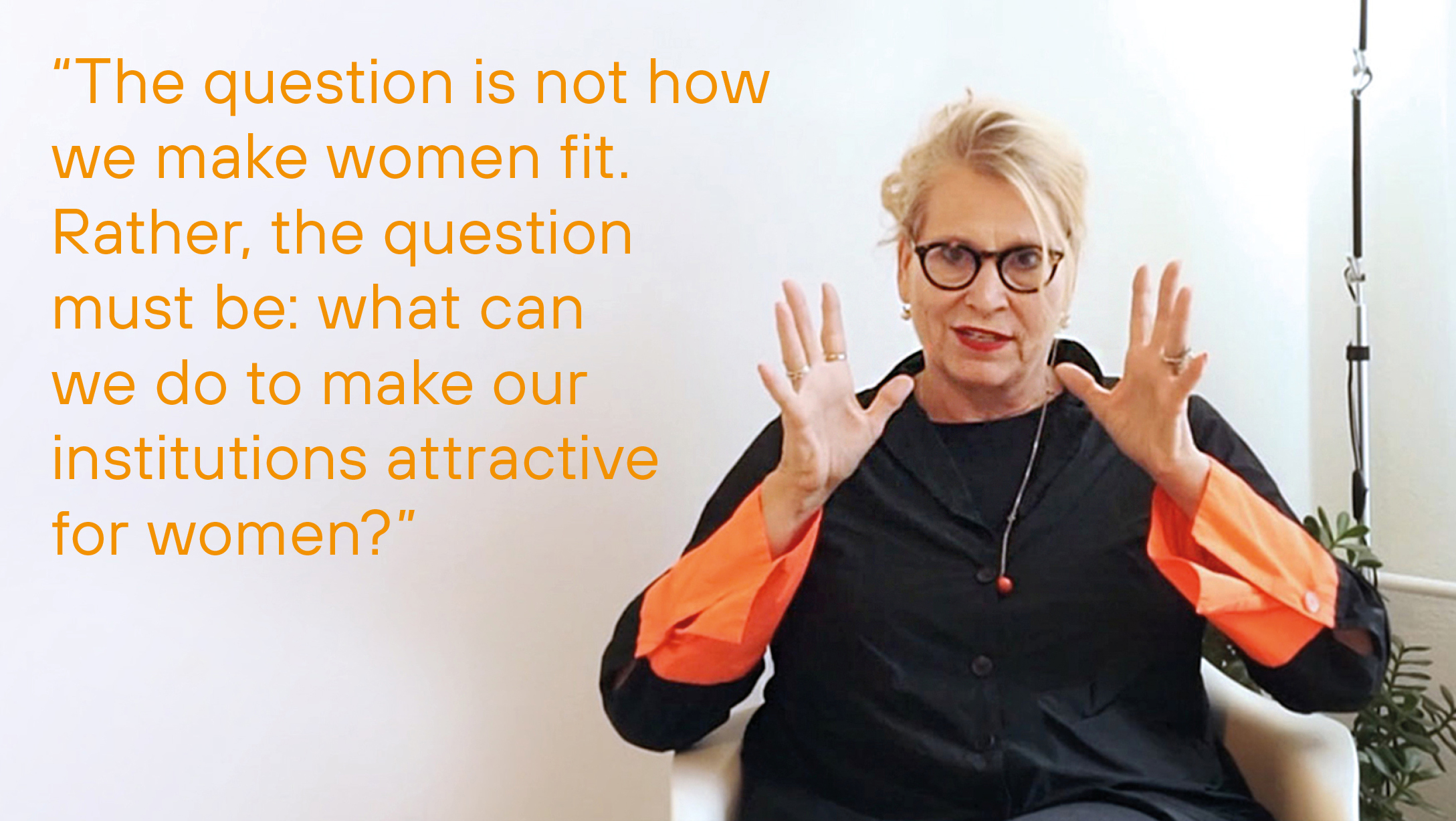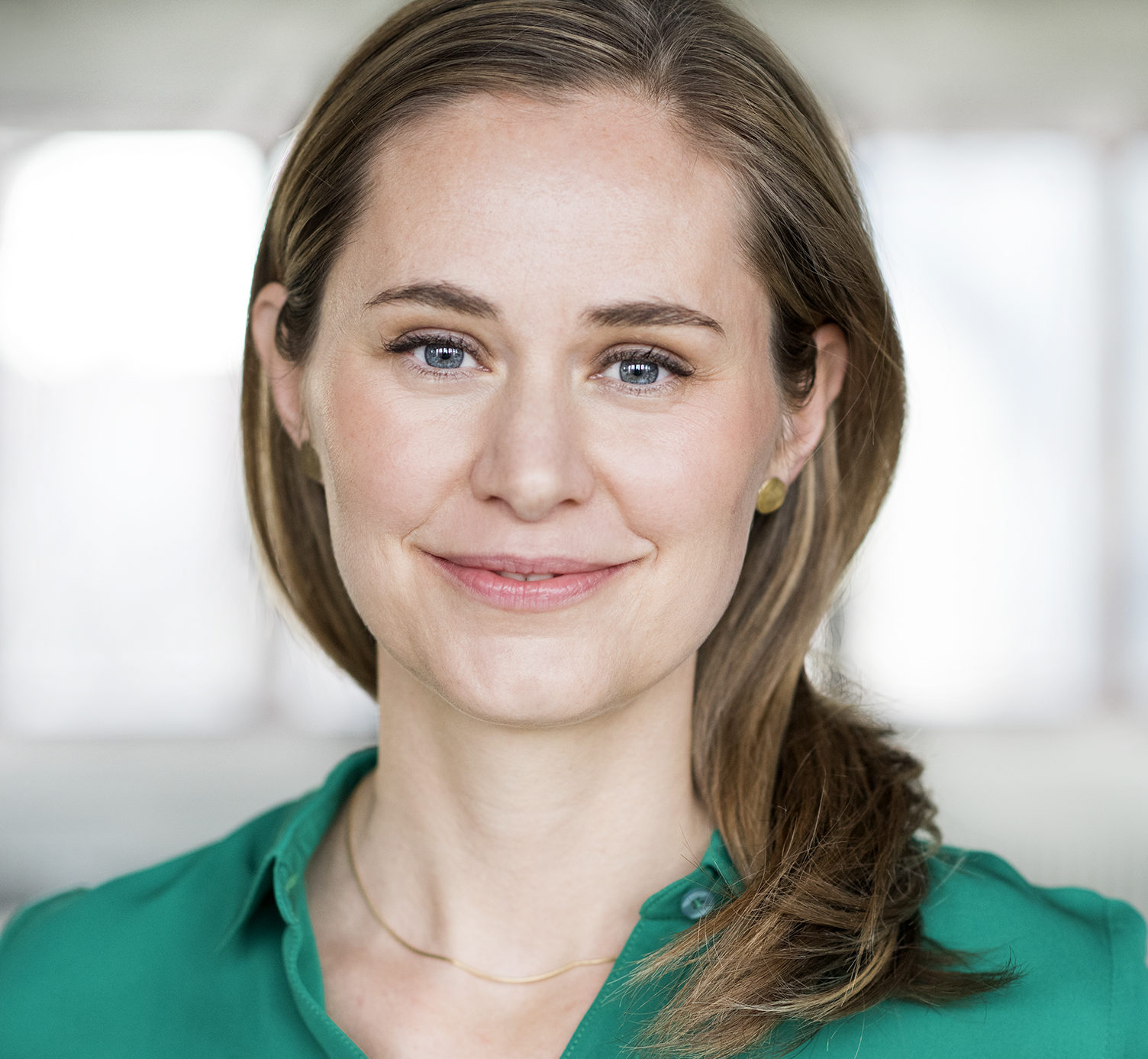A large part of the impairments of students are not visible. Eleven percent of students at German universities state that they have an impairment that makes their studies difficult. Of these, only four percent relate to movement restrictions. However, 53 percent have psychological impairments and 20 percent bring chronic somatic diseases with them. Restrictions that are not visible at first, but can make everyday life at universities more difficult for those affected. In order to promote inclusion at universities, it is important to promote an organizational culture that is based on mindfulness, consideration and mutual support.
On June 6th, we held an open workshop on the subject of “Studying with Disabilities” as part of the “Inclusive Thuringia Universities” project.
The aim of this was to initiate a learning process at the Ernst Abbe University Jena, which invites all stakeholders of the university to think about impairments/disabilities. The day was designed and moderated by our consultants Nora Hofstetter, Julia Sujin Noël and Jana Hornberger. Equipped with clearly prepared facts, an interactive quiz and invitations to linger, it was possible to set a wide range of impulses. The format, designed as an “interactive intervention”, informed all participants about existing barriers at the university and at the same time undertook an inventory and needs assessment of the institution
We particularly liked the many opportunities for an exchange of personal experiences with barriers in discussions with students, teachers and employees.
Together we developed initial solutions, such as a guide for students with all the important information (contact persons, support options, information events, etc.) and an input on the subject of accessibility for new students in the first semester in the form of a rally.
For us it has been shown that the “open workshop” works! Unlike workshops behind closed doors, the format brings more publicity and lightness to a topic that is often perceived as “difficult”. In addition, an open workshop promotes easy personal exchange and creativity in everyday university life and at the same time documents the insights and suggestions for improvement in an immediately accessible way.







